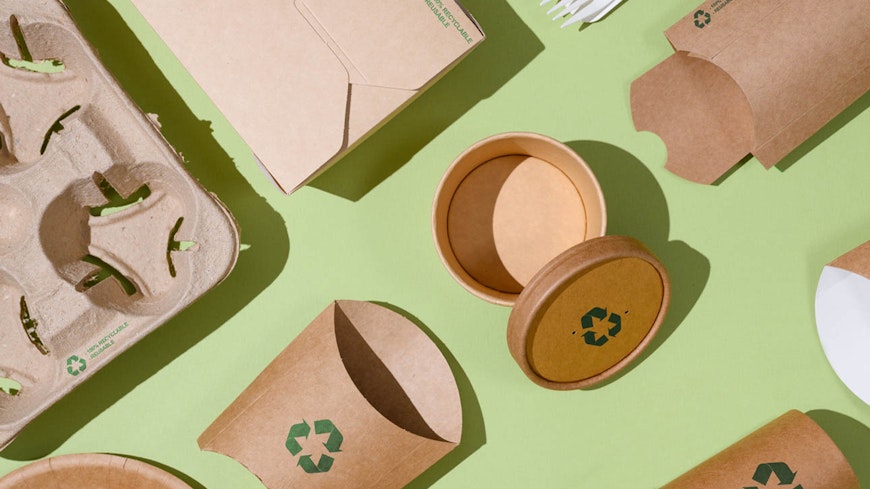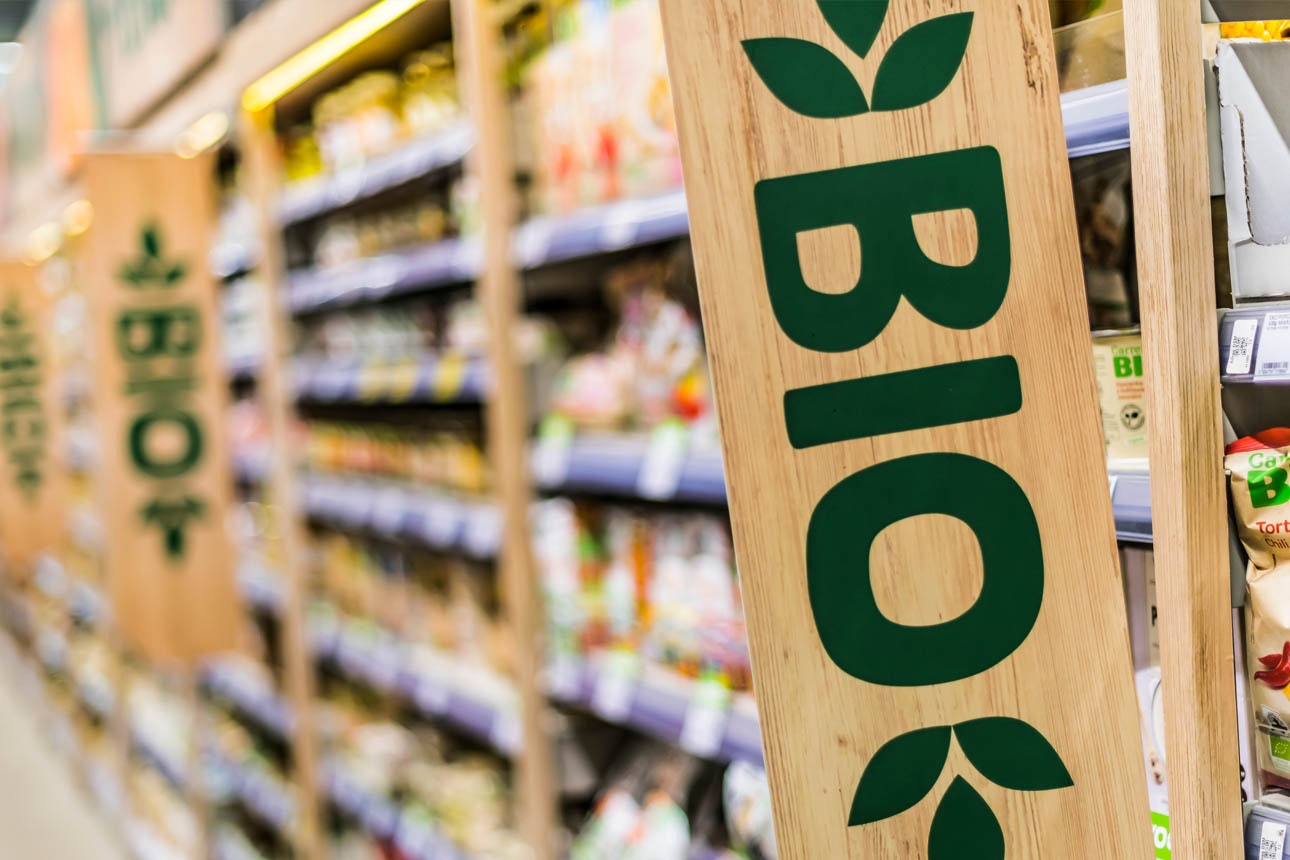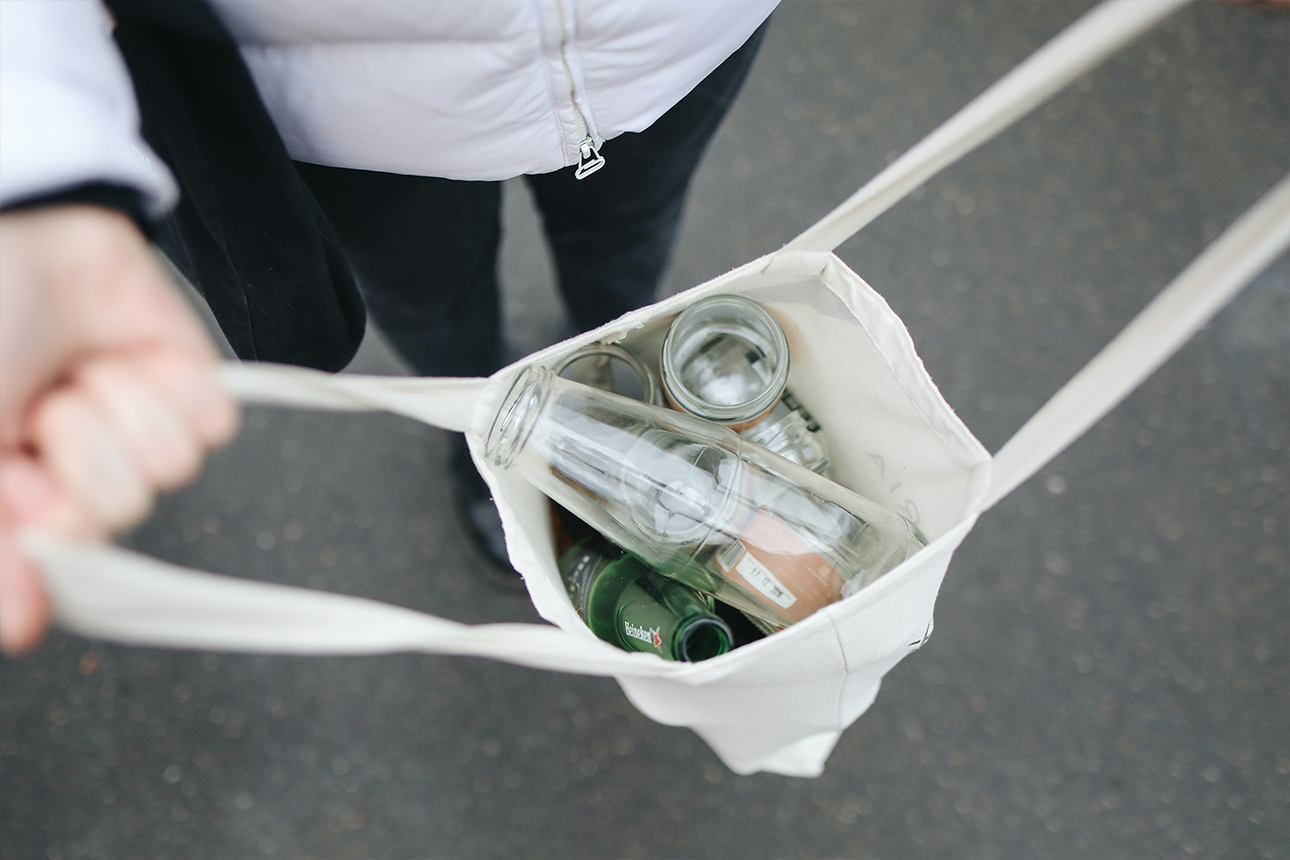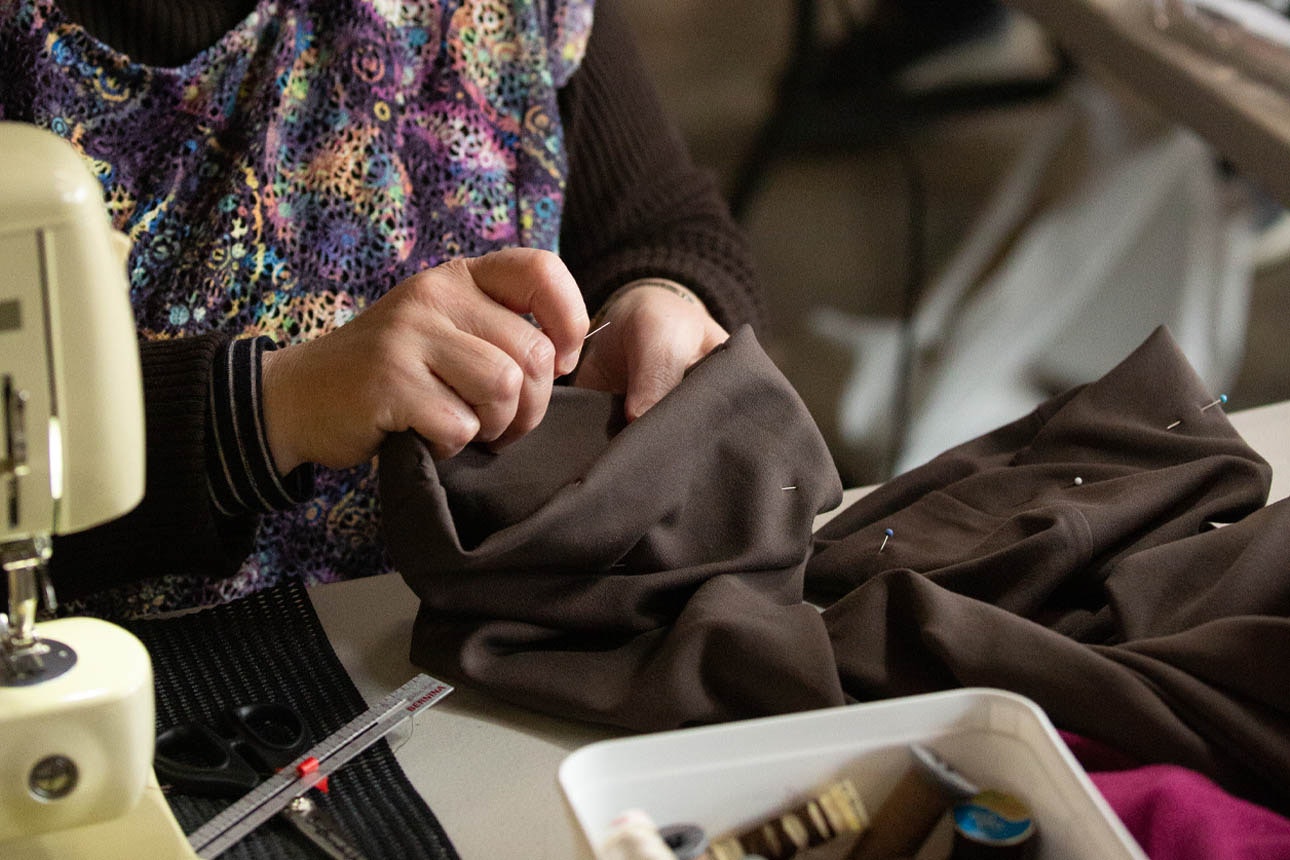
By Gemma Rasmussen
Head of Research and Advocacy | Tumuaki Rangahau, Taunakitanga
I know I’m not alone when I’ve reached for an earthy-toned ‘eco’ product at the supermarket, thinking it's the most environmentally friendly option on the shelf. I care about the wellbeing of the planet, and the presence of a green tick and some vaguely comforting environmentally friendly words used to be enough to make me feel like I’d made a good choice.

Our supermarket study found there is no shortage of bogus green claims on the aisles, ranging from room sprays that are ‘nature-inspired’ and ‘planet-conscious’ to ‘biodegradable’ tea bags that are unlikely to decompose in the backyard. There was even the discovery of a company that had made up its own green endorsement to display on its packaging.
The pressure to offer customers a ‘green’ product or service has never been stronger; whether that’s at the supermarket, in a clothing store or at the car yard. Nearly half of us keep sustainability in mind when it comes to shopping. ‘Green’ products and services are often sold at a premium and some companies are responding to this with profit margins in mind.
The prevalence of greenwashing
The issue we’re currently facing in New Zealand is that we’re hugely behind the times when it comes to cracking down on businesses who are cashing in on loose environmental claims.
In the EU, UK and Australia, regulators found 40% to 57% of environmental claims to be false across a wide range of industries including clothing, cosmetics, food and drink. Those jurisdictions are now implementing new laws to stop greenwashing and/or enforcing targeted crackdowns in sectors brimming with dicey environmental claims.
The crackdowns include getting rid of vague and generic terms like ‘eco’, ‘green’ and ‘environmentally friendly’ for marketing purposes and prohibiting the display of sustainability labels that haven’t been vetted by an independent third party.
Our current model relies on businesses heeding the Commerce Commission’s Environmental Claims Guidelines to make sure they're playing by the rules. The guidelines are robust, clearly outlining how businesses must tell the truth, be specific, use plain language, and avoid exaggerating when it comes to green marketing. They’re intended to act as a reference point for businesses before any product or service enters the market.
The problem is that some businesses are ignoring these guidelines in favour of reaping environmental brownie points and customer warm fuzzies through their marketing. Whether this is intentional, lazy or incompetence is irrelevant, with shoppers across the country being misled as they try to do the right thing for the planet.
It feels hard to imagine advertising creatives clutching the Claims Guidelines when ideating marketing campaigns for an ‘environmentally friendly’ cleaning product or the latest electric vehicle that will ‘give nature a lift’. There’s a disconnect between guidance from the regulator, product marketing, and the point of sale.
In New Zealand, there’s always the chance a business could be caught out, reported to the Commerce Commission, and taken to court under the Fair Trading Act, where it could face a fine of up to $600,000, but for the most part, this model relies on someone calling out and reporting a dodgy green claim.
It would be fair to say that the rate of greenwashing in Aotearoa versus the number of penalties doled out highlights that our current system isn’t working, and the risk could be worth taking for businesses.
We need new regulations
When we conducted our analysis on greenwashing claims, it took a seasoned Consumer NZ investigator hours of fact-checking and verification to ascertain whether a product was truly as green as it claimed to be, or guilty of greenwashing.
For this reason, it doesn’t make sense to place the onus on shoppers to report businesses who skirt (or trample) the line when it comes to eco-friendly claims. We need new regulations to specifically tackle greenwashing, as well as investigations across multiple industries to figure out just how bad the problem is here.
So where should responsibility lie? If we look to other countries, it has been regulators, so it would be great to see the Commerce Commission resourced to step up to the plate. But beyond enforcement, is it unreasonable to expect companies to do the right thing and not cash in on a climate crisis to sell a few more bottles of bathroom spray?
That seems too big of an ask at the moment: there’s money to be made after all. In the interim, a critical eye at the point of sale can never go amiss. Perhaps it’s the presence of brown cardboard, a picture of a calming natural scene, or vague words like ‘eco’, ‘green’, ‘compostable’, or ‘inspired by nature’ that are leaping out at you. Whatever it may be, don't hesitate to think twice if it seems too good to be true – the chances are it may be greenwashing.

Help stop greenwashing in Aotearoa
We need your help to call out dodgy 'green’ claims.
Comments
Was this page helpful?
Related articles

Is Kathmandu greenwashing? 'Biodegradable' jacket ad pulled after complaint

Greenwashing is rife in Aotearoa. We need new laws to stop it.

Climate change in a cost of living crisis: Can consumers afford sustainability?
